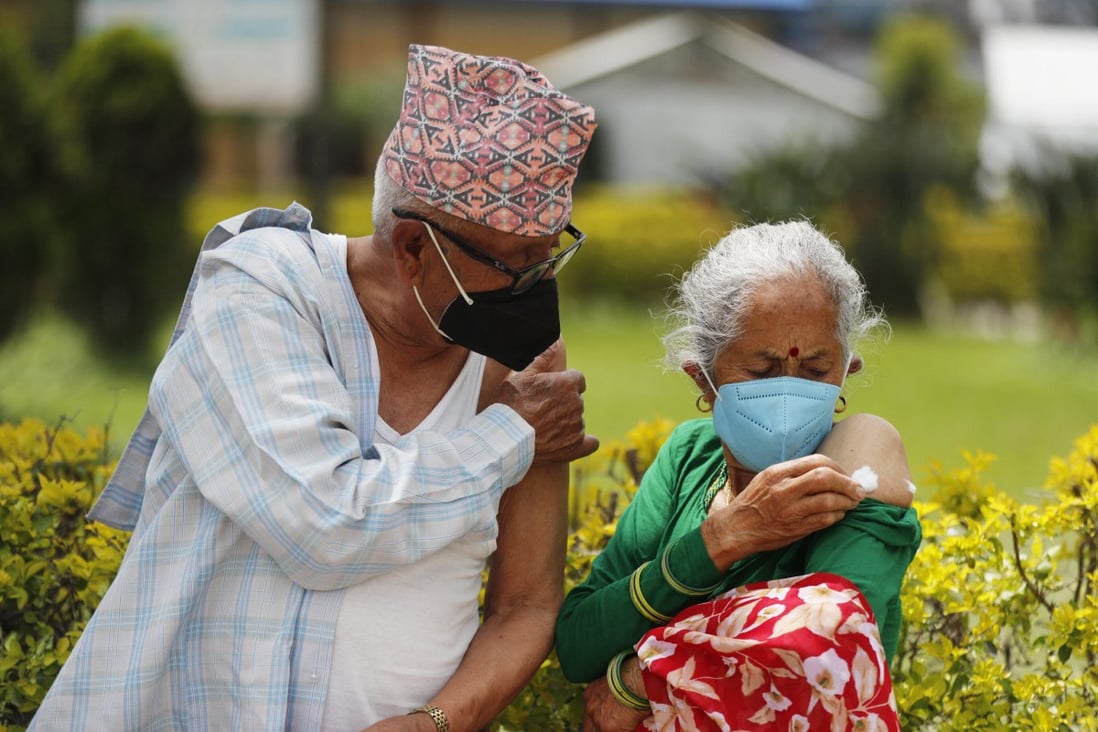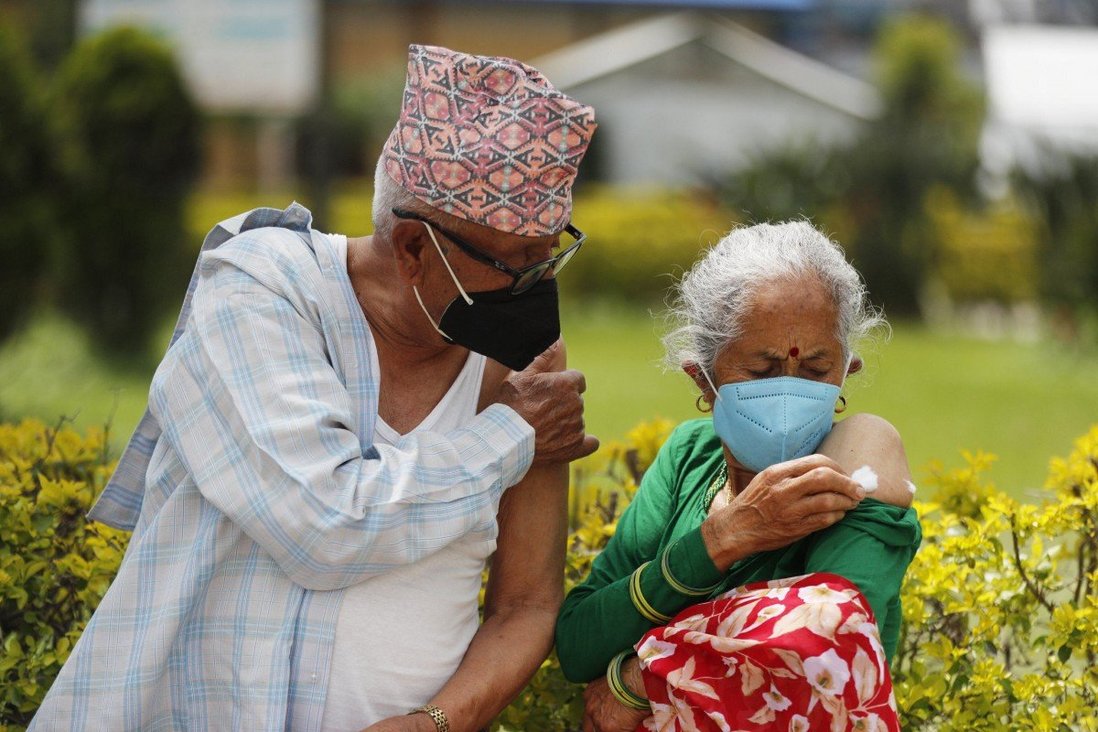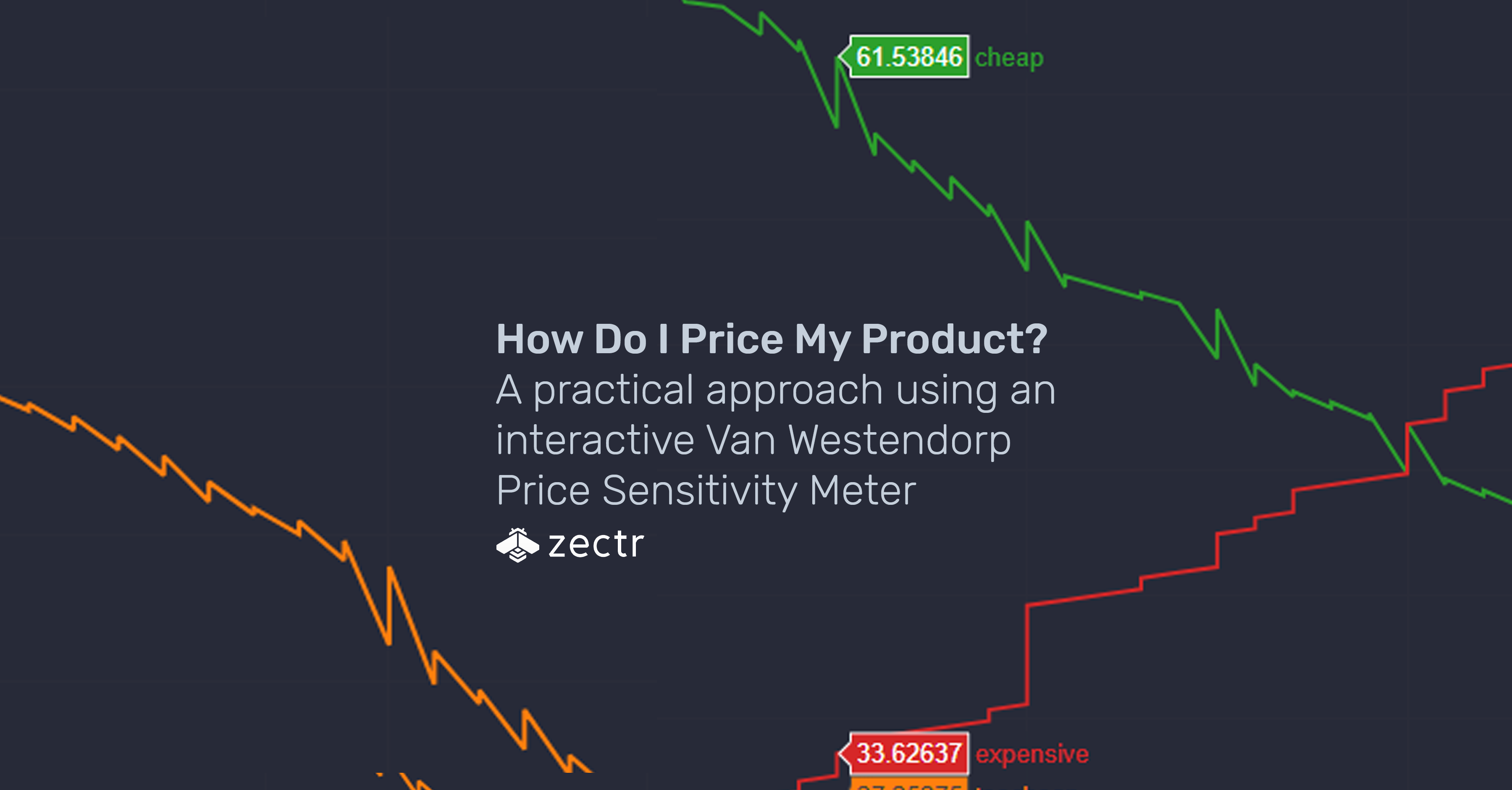Vaccinated people surveyed in Tokyo, New York and Shanghai report better social and psychological well-being and expect better earnings than the unvaccinated. Such findings, while far from conclusive, do add to the moral impetus to get as many people vaccinated as soon as possible

Everyone has heard of the medical reasons for taking Covid-19 vaccines – they may save your life and that of others. Yet, the pandemic is more than just a medical disaster, with economic recession, social isolation and mental illness wreaking havoc across the world.
What if Covid-19 vaccines can also push back against economic malaise, social isolation and psychological maladies? What if they can bring hope for a brighter future and the confidence to move forward?
It is hard to say for sure, but findings from a survey by Zectr of people across Tokyo, New York and Shanghai suggest that the vaccinated (and those who intend to be) may indeed be building better lives.
A broad comparison across the three cities reveals that vaccination is associated with a brighter future. Tokyo not only features the lowest vaccination rate, but also the worst expected earnings and spending power; while 21 per cent of respondents expect their disposable incomes to shrink this year compared to last year, only 10 per cent expect them to grow.
Of those expecting a decrease, 38 per cent expect a pay cut, 35 per cent a lower bonus and 34 per cent a reduction in working hours.
New York and Shanghai, in contrast, feature higher vaccination rates and appear to be further along the road to economic recovery; slightly more respondents in both cities expect their disposable incomes to grow.
Perhaps even more importantly, Tokyo-based respondents had poorer relationships with their spouses and family members, are less likely to have maintained healthy lifestyles, and had less confidence about the future than either New York or Shanghai respondents.
Comparing numbers across cities like this is tricky, however. Drawing conclusions about individuals from aggregate data for groups is a well-known logical fallacy, since differences within groups may be far greater than differences across groups.
Furthermore, it is hard to disentangle Covid-19-related effects from pre-Covid-19 baselines. For instance, Japan had a reputation for being an unhappy society long before the pandemic, and China scores even lower on the World Happiness Index. So, it may be more valid to make comparisons between different people in the same city.
Let’s start with changes in disposable income. Across all three cities, the vaccinated expect to do better than the unvaccinated. In Tokyo, the vaccinated expect to lose less ground than the unvaccinated; 18 per cent of the vaccinated expect their disposable incomes to shrink compared to 26 per cent of the unvaccinated.
Japan’s daily Covid-19 case toll at record high as death rate falls and vaccinations continue
The vaccinated also expect to lose less ground in New York and Shanghai; furthermore, a significant number of the vaccinated expect to gain ground in these two cities. For instance, 27 per cent of vaccinated New Yorkers expect their disposable incomes to increase compared to 18 per cent of the unvaccinated.
The same also holds for measures of social and psychological well-being. The vaccinated do better than the unvaccinated across the board in Tokyo and New York, while both the vaccinated and the unvaccinated are doing quite well in Shanghai.
While these numbers look quite compelling, there is an anomaly to be explained. In Shanghai, the unvaccinated score slightly higher than the vaccinated. What accounts for this difference?
China administers nearly 2 billion Covid-19 vaccine doses as Delta variant appears under control
The answer is that the vaccinated and the unvaccinated differ in meaningful ways, with the unvaccinated more likely to be older and living in rural parts of Shanghai. It is certainly plausible that older rural residents generally tend to maintain better relationships, healthier lifestyles and more confidence and positivity about the future.
This point highlights the need to carefully investigate how and why the vaccinated differ from the unvaccinated across all three cities.
The findings are striking. Across Tokyo and New York, unemployed respondents, as well as those working in clerical positions, were more likely to be unvaccinated; conversely, those in professional or managerial positions constituted a far higher proportion of the vaccinated.
Especially in New York, a better occupation, higher education and greater income tended to be associated with vaccination. These findings raise a classic problem in scientific research.
What comes first, the chicken or the egg? Are the vaccinated living better lives because they are vaccinated, or did they vaccinate because they were already living better lives?
How do we fix our brains once the Covid-19 nightmare finally ends?28 Aug 2021
Or is there some third factor causing both vaccination and better economic, social and psychological outcomes? It is difficult to answer these questions.
Nevertheless, these numbers clearly show that the vaccinated are doing better than the unvaccinated. Cities with higher vaccination rates are doing better than those with lower rates. Furthermore, vaccinated individuals within each city are doing better than their unvaccinated peers.
Overall, it is reasonable to say that the vaccinated are indeed living better lives than the unvaccinated. What we cannot say for sure is whether vaccination actually causes better lives; we will need more research and analysis.
Yet, the question of what causes what may be less important than the moral obligation to vaccinate as many people as possible – just in case vaccination does indeed lead to better lives in the Covid-19 era.
Joon Nak Choi is adjunct assistant professor in the Department of Management at Hong Kong University of Science and Technology. He is founder and chairman of Zectr. Joyce Tam is insights manager at Zectr






